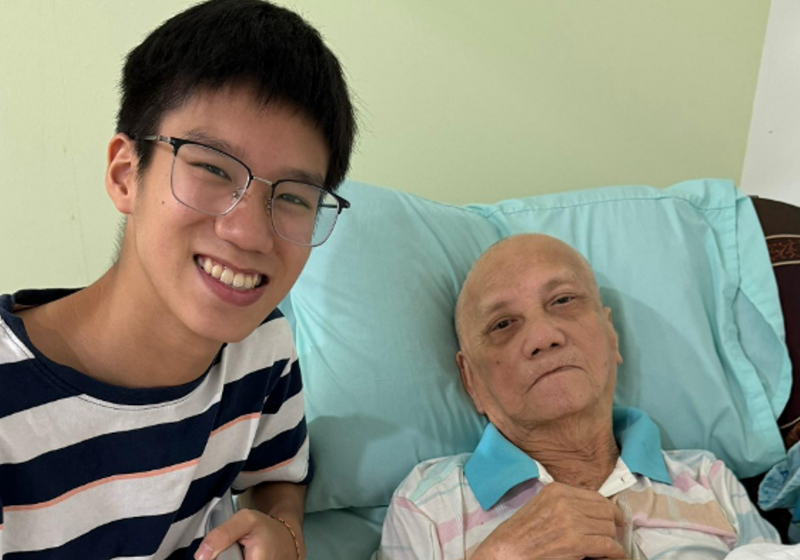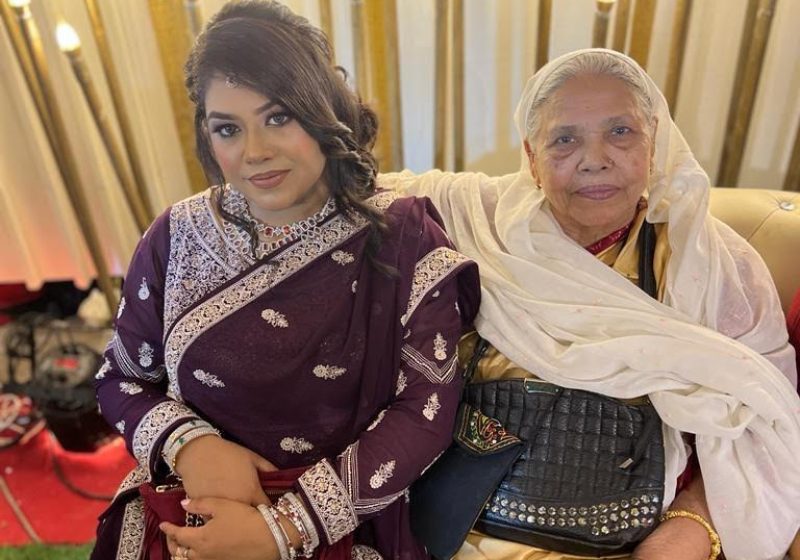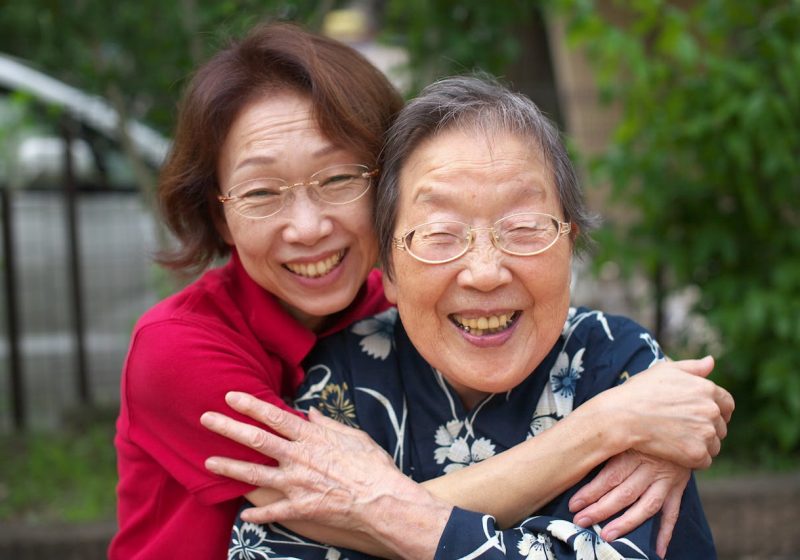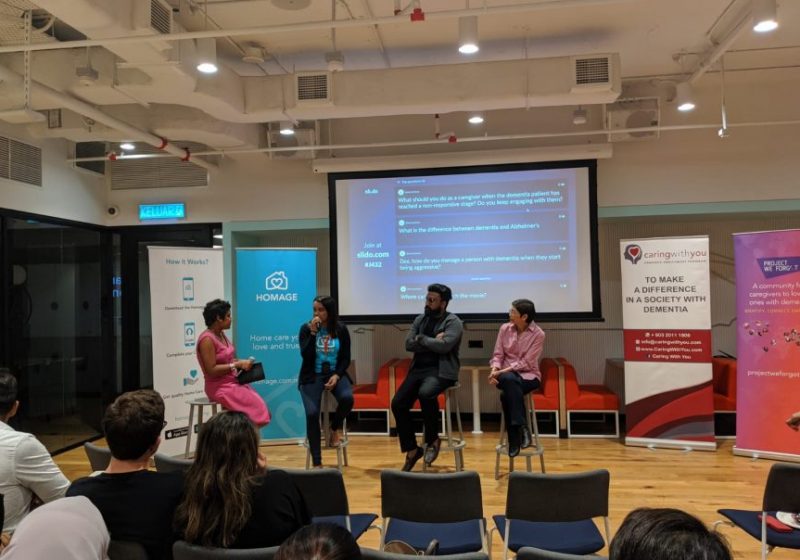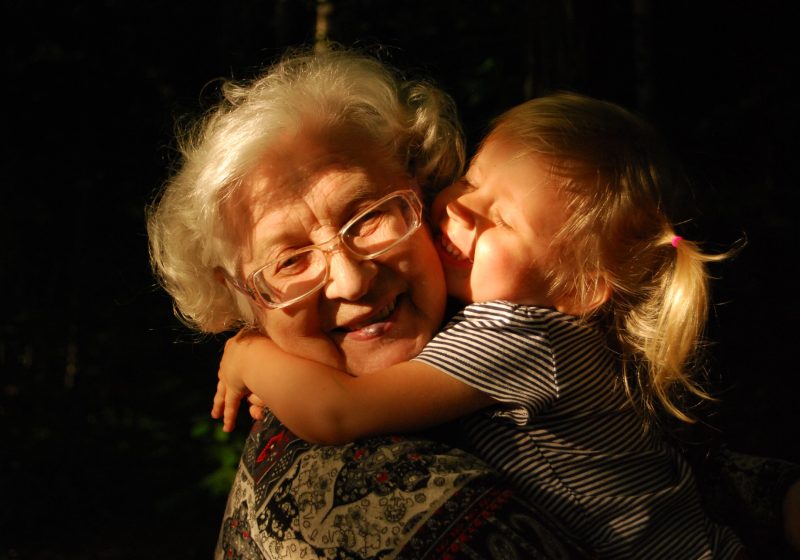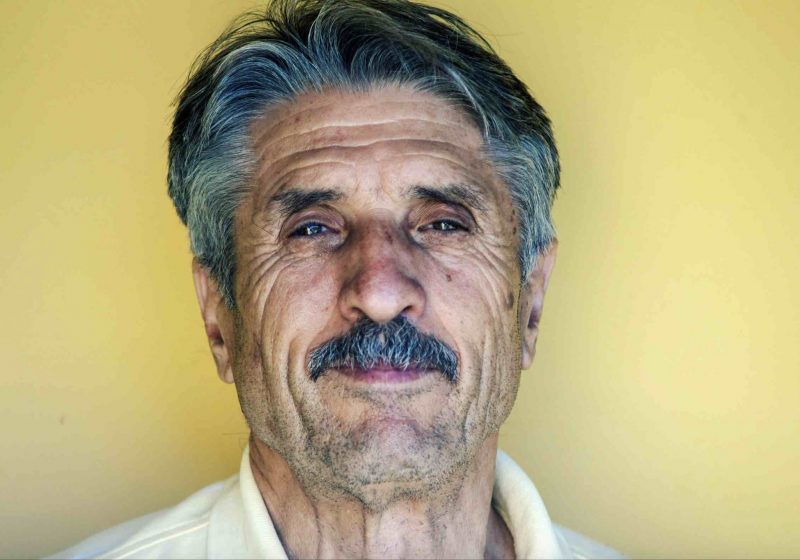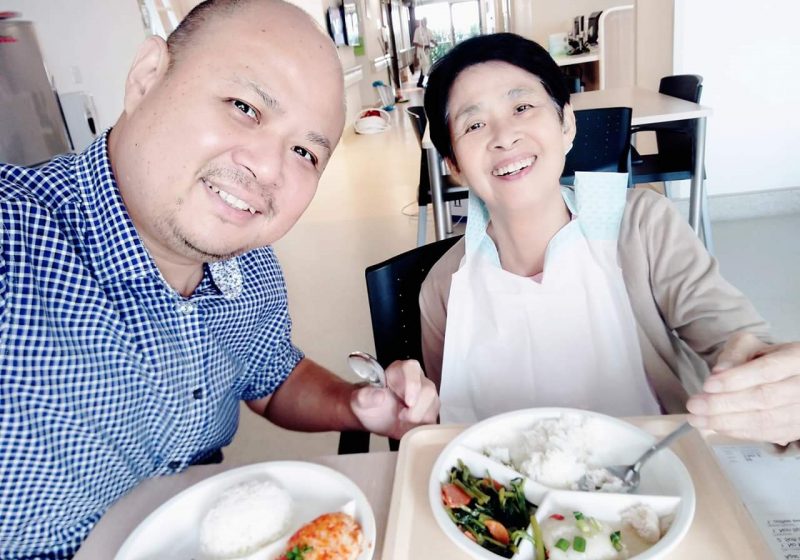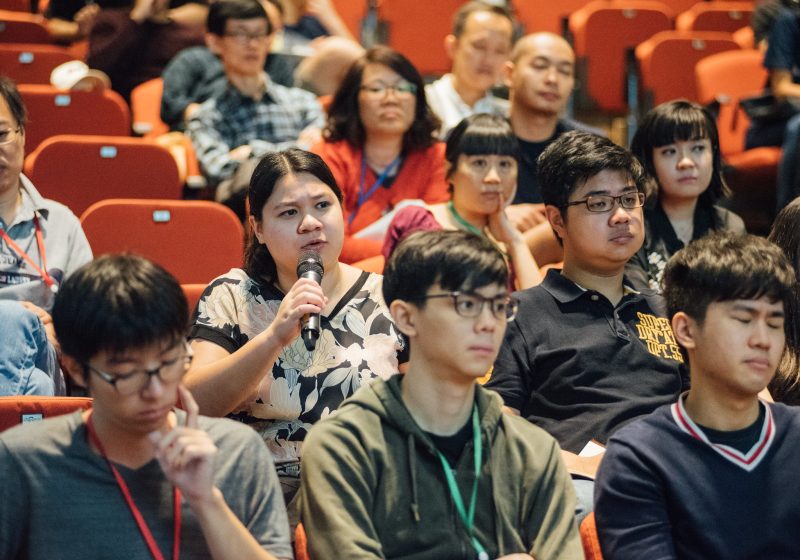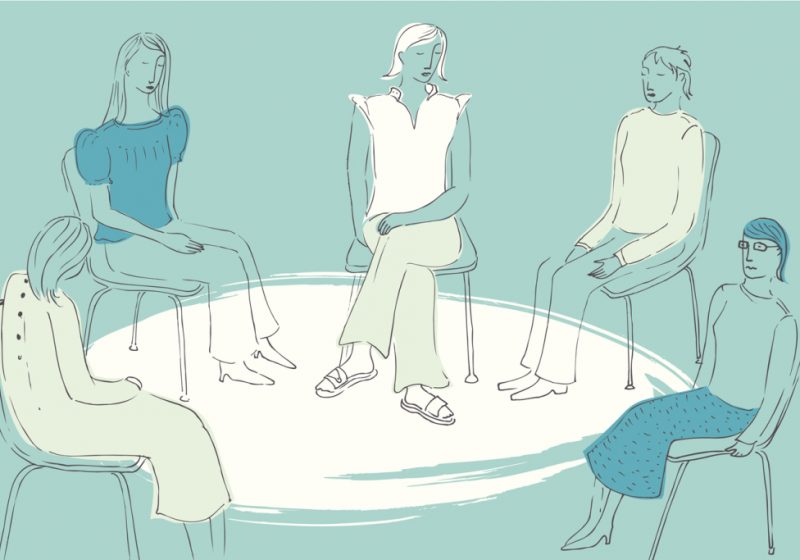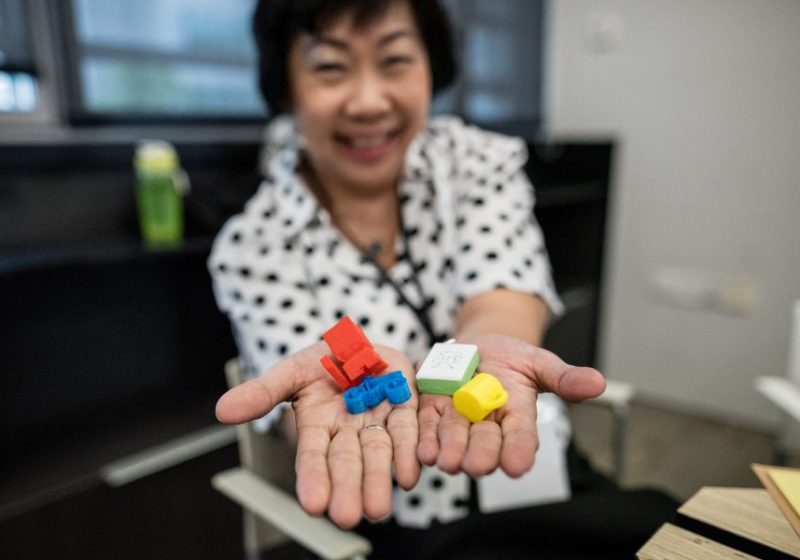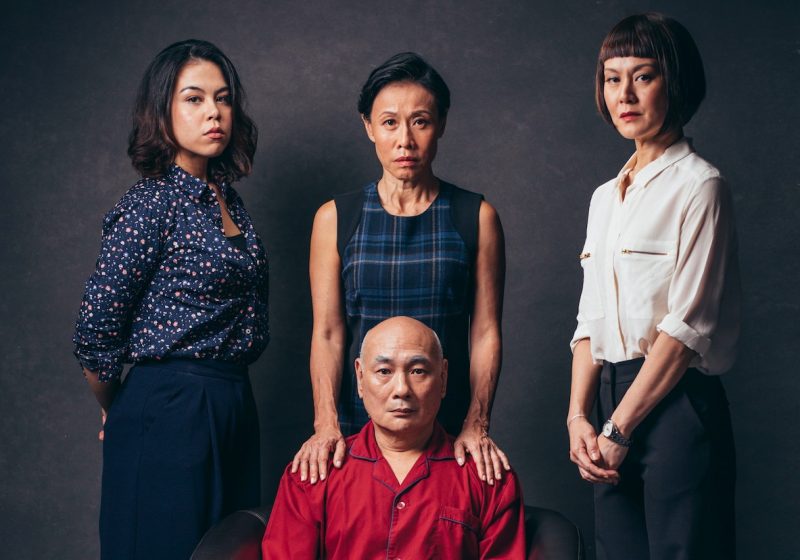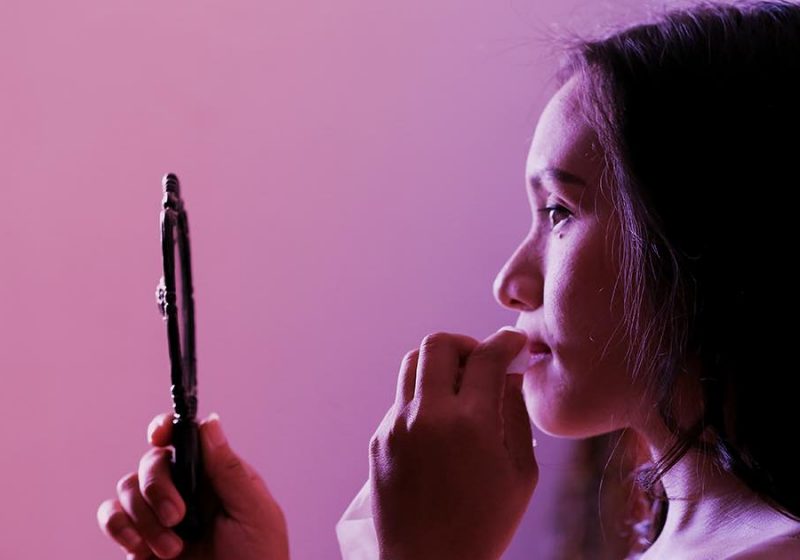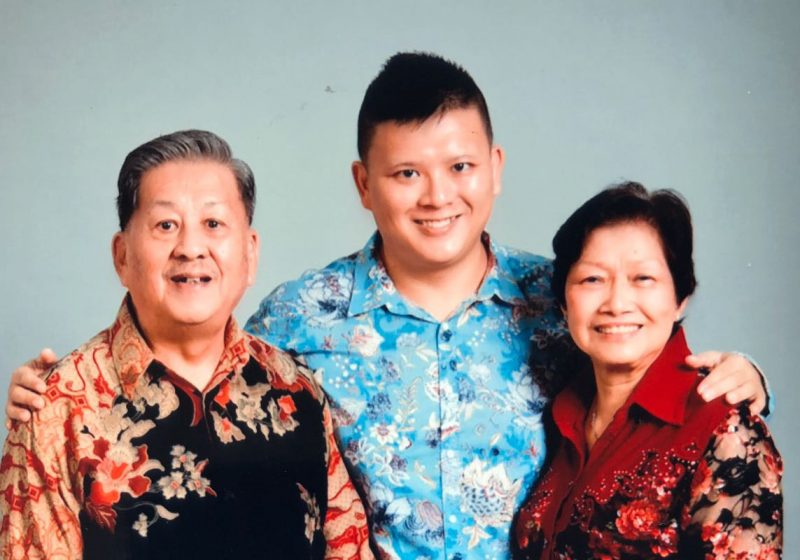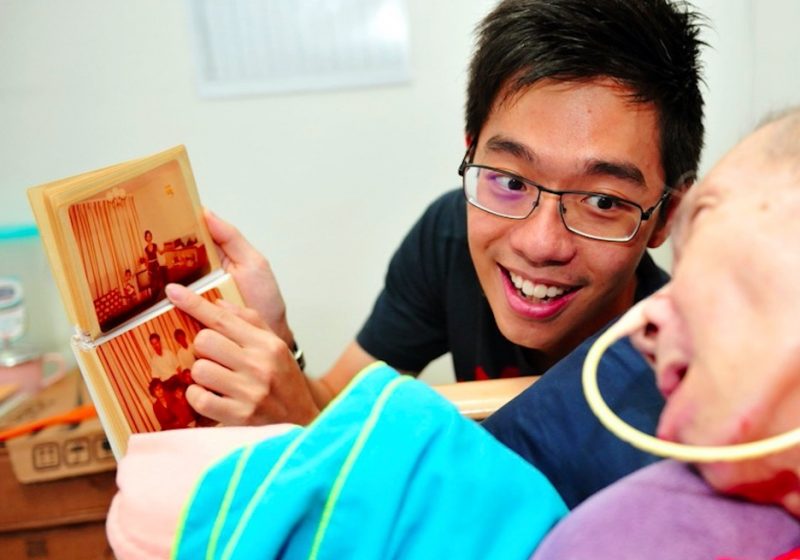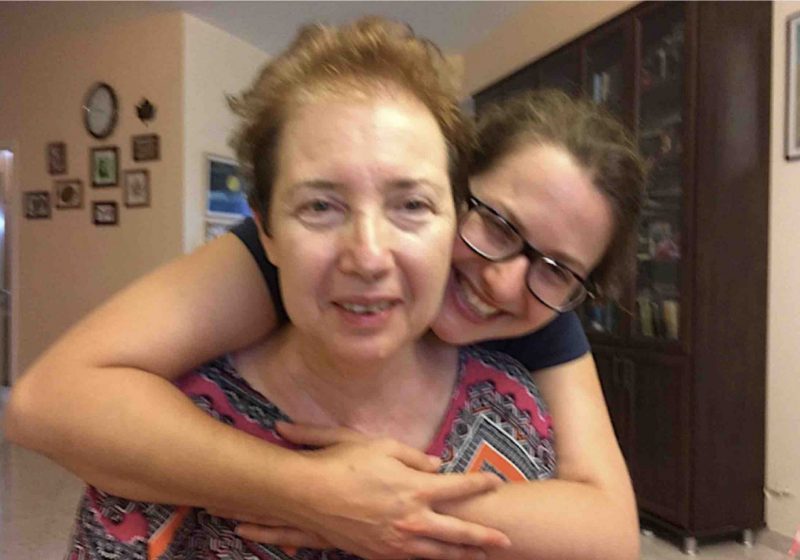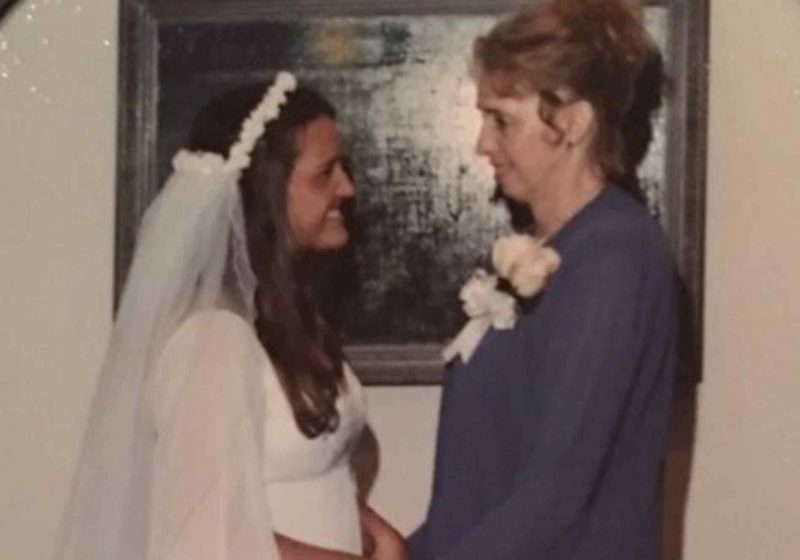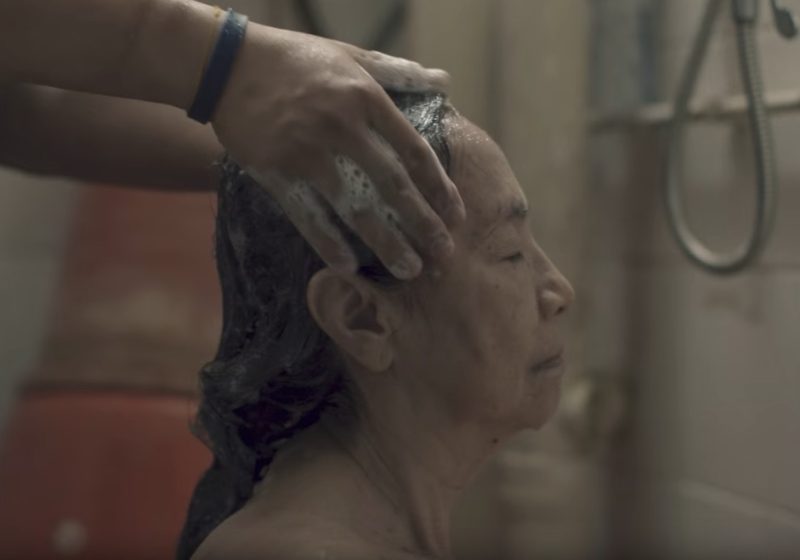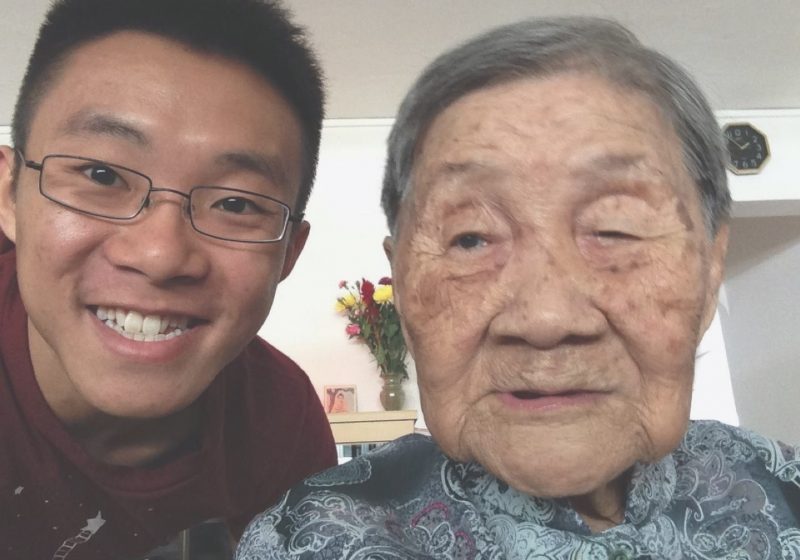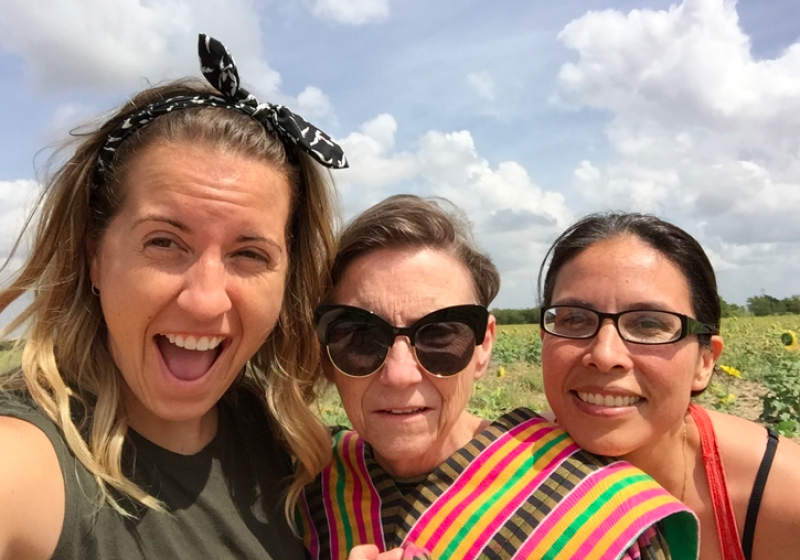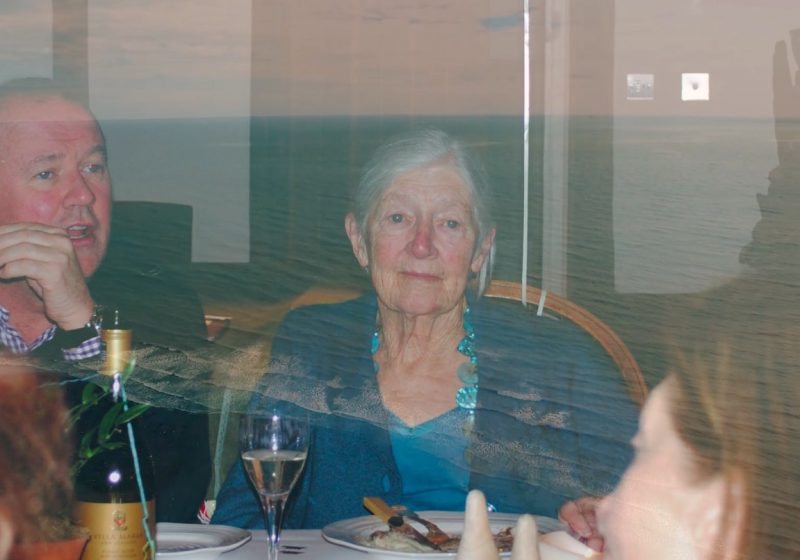Ted and I were inseparable as identical twin brothers for 78 years. Our lives were filled with shared experiences, laughter, and an unbreakable bond. However, on December 15th, 2022, Ted’s journey came to an end as he passed away from Lewy Body Dementia, leaving an indescribable void in my heart.
Contributed by Fred Trapini
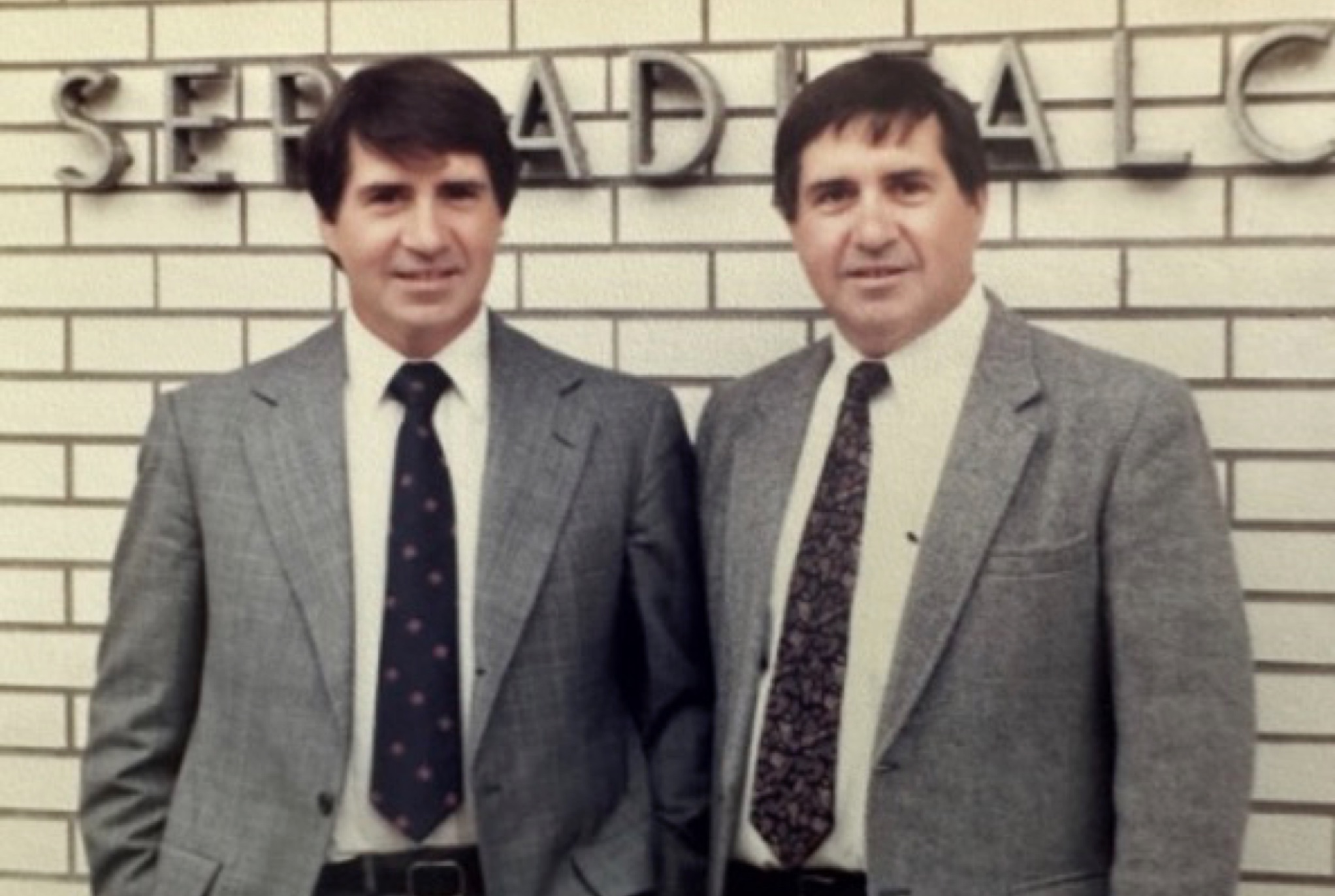
How it all started
It all started at a family reunion in the summer of 2017 when our siblings Patsy, Jim, and I noticed something amiss with Ted. He had become quieter than usual, his gait was slower, and he seemed slightly slumped over. We shrugged it off, thinking it was just a phase. Little did we know that these seemingly minor changes were the early signs of something more sinister.
A few months later, tragedy struck when Ted was involved in a car accident. His reaction time was painfully slow, causing him to collide with another vehicle. Miraculously, he emerged unscathed, but his beloved wife, Dianne, suffered a broken hip. Why did this accident happen? This incident forced Ted to take a step back and reflect on his condition. Something was clearly wrong, and he made the difficult decision to stop driving until he had answers.
A visit to Wake Forest University Hospital revealed a diagnosis of Parkinson’s Disease, and Ted began a regimen of medications to manage his symptoms. Despite the changes he experienced, we still found ways to enjoy life together. We would watch baseball games on TV, engage in spirited cribbage matches, and indulge in our favourite activities whenever I made the journey from California to visit Ted and Dianne at their South Carolina home.
Even in the midst of the progression of Ted’s condition, there were instances that surprised us all. He would occasionally recall intricate details from past events, providing glimpses of the vibrant spirit he once possessed.
Learning about Ted’s Lewy Body Dementia
As time passed, it became evident that Ted’s health was deteriorating alarmingly. Alongside his movement-related struggles, he battled back pain and faced the burden of an arterial occlusion that rendered him legally blind. Our brother Jim devised a plan to stay connected despite the physical distance. We gathered on Zoom every Wednesday, spending precious hours together. Patsy joined us occasionally, but it was primarily a time for Jim, Ted, and me to share stories and cherish the moments we had left as brothers.
As Ted’s ability to communicate with complete sentences dwindled, we learned the shocking truth: Ted was not suffering from Parkinson’s Disease but rather Lewy Body Dementia. The change in diagnosis brought with it a sense of clarity, allowing us to understand his condition better. Ted’s daughter, Katie, stepped up admirably, taking an active role in her parents’ care, although she lived in North Carolina. Determined to provide the best support possible, Ted and Dianne decided to sell their home in South Carolina and relocate just two miles away from Katie. Dianne’s walking difficulties made this move necessary for their well-being.
Every October, while visiting my sister on Long Island, I helped with a fundraiser for her congregation. Dan Cohen, Founder of Right To Music, was also a member. As a gift for my help, Patsy asked me for my favourite 100 songs. Dan made a playlist for me, and that’s how I learned about Dan’s program for helping people with dementia through music. It was through chatting with Dan, that I became aware of the profound impact music can have on those facing cognitive decline.
Ted’s 100 favorite songs
Inspired by this revelation, Patsy and I approached Dan with a special request. We asked him to curate an iPod filled with Ted’s 100 favourite songs. We believed this musical gift would bring Ted consistent pleasure, transporting him back in time with each familiar melody. The Everly Brothers’ “Bye-Bye Love” reminded him of his fifth-grade crush, while every song seemed to evoke a different joyous memory or circumstance.
The year 2023 brought the devastating loss of Dianne, Ted’s wife. Ted moved in with Katie, his devoted daughter, for the remainder of his days. Resolute in his desire to avoid a nursing home, Katie had an addition built onto the back of her house, complete with a handicapped bathroom. It brought Ted great comfort to know that Katie could personally attend to his needs with unwavering love and care.
Hallucinations became a haunting companion, leading him to reach out to grab imaginary objects or inquire about the identity of individuals who weren’t really there. Tenderly, we would ask him to close his eyes, reopen them, and take a fresh look, gently guiding him back to reality.
The progression of Ted’s Lewy Body Dementia
As Ted’s Lewy Body symptoms grew more pronounced, Jim and I had to rely on the “closed caption” feature on Zoom to understand his attempts at communication. Ted’s grasp on time became fleeting, and he often forgot when it was our designated day to talk. On one occasion, he abruptly rose and turned off the monitor during our session. Katie asked him if he recognized her, but his inability to respond broke her heart, even though she understood the complexities of his condition.
Eventually, Ted’s declining motor skills made operating the iPod we had lovingly prepared difficult for him. Adaptability became essential, and Katie introduced a new solution—playing Ted’s cherished songs through Alexa. By simply requesting Alexa to “play Ted’s list,” he could immerse himself in the comforting melodies from the comfort of his chair, enveloped by the music that stirred his soul.
Even in the midst of the progression of Ted’s condition, there were instances that surprised us all. He would occasionally recall intricate details from past events, providing glimpses of the vibrant spirit he once possessed. However, his sleep patterns became erratic, oscillating between extended rest periods for up to 14 hours and peculiar moments of awakening, where he would dress for church at four o’clock on a Sunday morning. Hallucinations became a haunting companion, leading him to reach out to grab imaginary objects or inquire about the identity of individuals who weren’t really there. Tenderly, we would ask him to close his eyes, reopen them, and take a fresh look, gently guiding him back to reality.
Listening to music brought Ted out of the darkness and into the light, even if only temporarily. It is through the power of music that we cherish these precious moments.
The transformative power of music
Ted remained remarkably serene throughout his arduous journey, never displaying combative behaviour and maintaining a hearty appetite. The transformative power of music provided a flicker of light in his world, momentarily transporting him out of the darkness and back to a place where joy and memories intertwined.
Music became a lifeline for Ted and his family, bridging the gaps created by Lewy Body Dementia. Each song was a vessel that carried them to shared moments while offering respite and resounding pleasure amidst the challenges they faced. This powerful tool provided solace and created lasting memories for all of us—Ted, Patsy, Jim, Katie, and me.
Ted’s unwavering faith played a vital role in his acceptance of his fate. As his final days approached, his hospice stay encompassed two Wednesdays, which were precious moments for our virtual reunions on Zoom. During these calls, Ted remained silent for two hours until we collectively expressed our love for him. In response, he opened his eyes fleetingly and whispered, “I love you.” On that last Wednesday, Ted’s condition had deteriorated significantly. He remained unresponsive throughout our call until Jim and I bid him farewell. It was then that a faint smile graced his face, a gentle reminder of the enduring connection we shared.
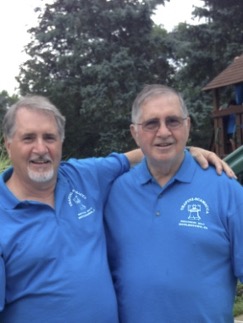
In memory of Ted’s indomitable spirit and the profound impact of music on his life, we acknowledge the journey he traversed with Lewy Body Dementia. Listening to music brought Ted out of the darkness and into the light, even if only temporarily. It is through the power of music that we cherish these precious moments. We recognize the invaluable role of music in bringing solace, joy, and moments of respite to those afflicted and their families.


